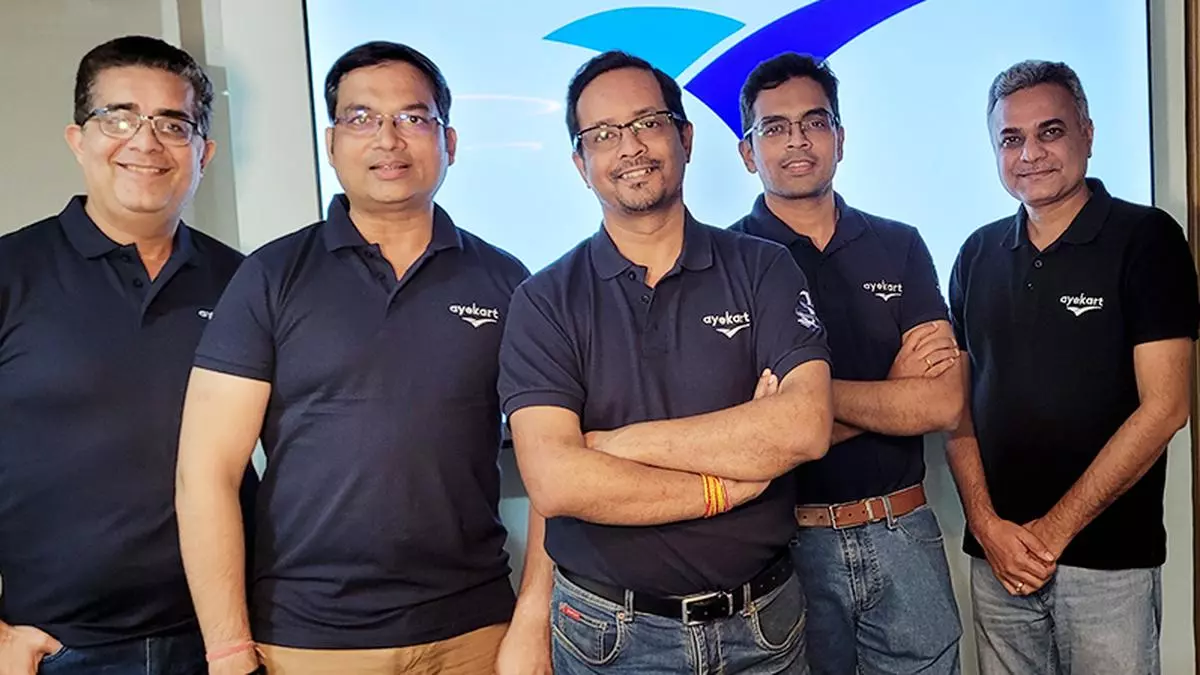Agrifood fintech start-up Ayekart clocks PAT of ₹1.17 crore in FY24
Agri and food supply chain platform Ayekart has clocked a profit after tax of ₹1.17 crore for the financial year 2023-24. This is a significant increase from ₹0.08 crore last year, on the back of expanding its footprint to over 19 states.
The gross transaction value (GTV) for 2023-24 increased to ₹1,558 crore, up from ₹657 crore in the previous year. Gross margin increased substantially to ₹45.10 crore as against ₹19 crore, generating a compound annual growth rate of 379 per cent from ₹3.13 crore in FY21-22, the company said.
In FY 2023-24, the EBITDA increased to ₹17.64 crore, up from ₹5.97 crore in FY 2022-23 and ₹1.02 crore in FY 2021-22, indicating a CAGR of 415 per cent, while profit before tax rose from ₹0.18 crore in FY 2022-23 to ₹1.49 crore in FY 2023-24
Ayekart, which focusses on empowering businesses and supporting communities with technology, embedded finance and value-added services, particularly for the farmer-producer organisations and medium and small scale enterprises, has processed over six lakh transactions, onboarded more than 40,000 merchants, operating in over 220 pin codes across 19 states.
In the past six months, Ayekart raised about ₹54 crore in equity, including ₹45 crore in primary funding and ₹9 crore in secondary funding from venture capital, bolstering its expansion initiatives.
Debarshi Dutta, Co-Founder & CEO, said “Our remarkable growth reflects our strong commitment to leveraging technology and forming strategic partnerships that empower businesses across the food and agri value chain. At Ayekart, we provide comprehensive support in capacity building for farmers and FPOs while creating both backward and forward linkages for manufacturers and processors to enhance market access and operational efficiency. Through our platform, we are focusing on building a robust distribution and retail network to reach the last mile. This integrated approach drives productivity, fosters sustainable growth, and significantly impacts lives and livelihoods.”
